According to the Centers for Disease Control and Prevention, the number of Americans living with Alzheimer's disease in 2013 was 5 million. They project that by the year 2050, that number will nearly triple to reach 14 million. Getting older is a fact of life. And with age comes a whole new set of health risks and concerns to be on the lookout for, like with these symptoms of a stroke. Alzheimer's disease is a form of dementia that impacts millions of people. While there is no cure, there are treatments that can help people maintain mental function longer if the disease is caught early. And for those getting older who may worry about Alzheimer's, there are preventative tips that are currently being researched to help combat the onset of the illness. The CDC writes, "Evidence is also growing for physical, mental, and social activities as protective factors against Alzheimer's disease." Scroll through this exclusive list of Alzheimer's warning signs and preventative tips. While this should never take the place of medical advice, I know this is some of the most important information I've found in years! As myself, my friends, and my family get older, I am so glad I know what to be on the lookout for, as well as these proactive steps to hopefully delay or prevent the disease.
Warning Sign #1: Memory Loss

Memory loss can be a side effect of a busy schedule or simply getting a little older — but it is also quite prominent among those who are experiencing the early stages of Alzheimer's. WebMD writes, "Memory loss is the most common symptom. Do you easily forget information that you just learned? Do you lose track of important dates, names, and events? Do you forget big things even happened? Do you ask for the same information over and over?" Monitoring and spotting memory loss in yourself or a loved one is a crucial part of getting early Alzheimer's treatment from a medical professional.
Warning Sign #2: Mood Changes
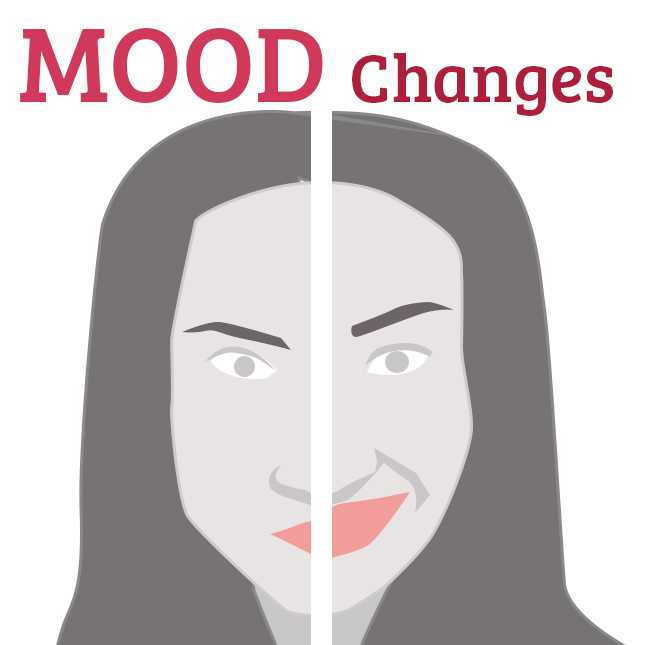
We all go through mood changes, but significant changes in mood or personality can be a sign of a larger problem. The Alzheimer's Association writes, "The mood and personalities of people with Alzheimer's can change. They can become confused, suspicious, depressed, fearful, or anxious. They may be easily upset at home, at work, with friends, or in places where they are out of their comfort zone." Seeking medical attention when you notice these changes is the best way to catch Alzheimer's at an early stage.
Warning Sign #3: Problems Speaking
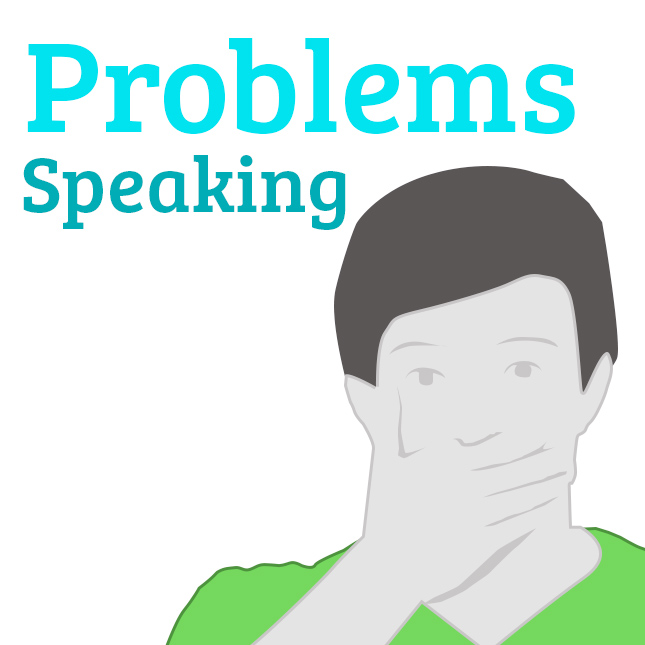
While we all stumble over our words from time to time, a noticeable change in one's ability to speak could be a signal of Alzheimer's. Health.com writes, "As dementia progresses, a person's language and communication skills diminish. He or she may stop mid-conversation and not know how to continue. Vocabulary can be especially troublesome." Be sure to seek medical advice if speaking becomes a problem, particularly if you "struggle to find the right word, call things by the wrong names, substitute unusual or incorrect words for familiar words and names, invent new words, or use familiar words over and over again."
Warning Sign #4: Confusion

We all get confused sometimes, but if you notice a significant increase in confusion, medical attention could be the absolute best bet. The Alzheimer's Association writes, "People with Alzheimer's can lose track of dates, seasons, and the passage of time. They may have trouble understanding something if it is not happening immediately. Sometimes they forget where they are or how they got there." Early diagnosis can help lead to early treatment, so definitely take a trip to the doctor if you or a loved one are experiencing this high level of confusion.
Warning Sign #5: Difficulty Completing Familiar Tasks
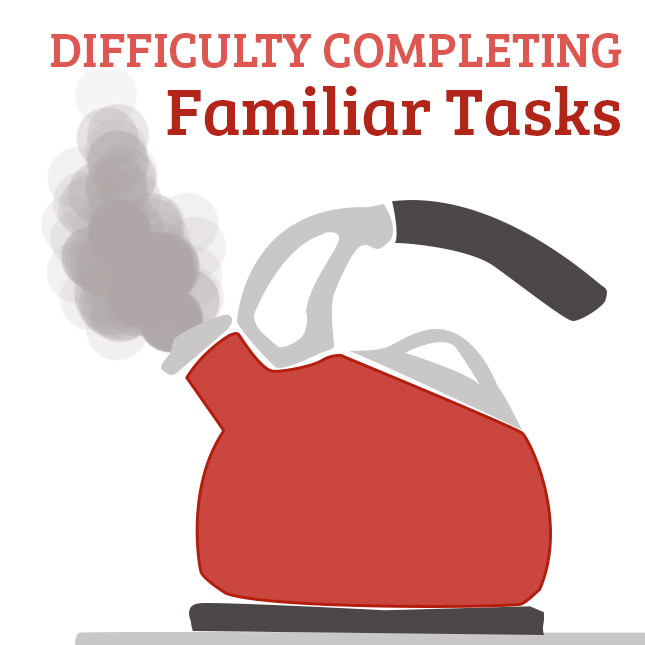
One of the many symptoms of Alzheimer's is an extreme difficulty in completing familiar tasks. WebMD writes, "Even familiar things can become hard. Do you have trouble driving to a location you go to often? Can you complete an ordinary task at work? Do you forget the rules of your favorite game?" When coupled with other symptoms, this can be an especially important "tell" that something serious is going on. Want to learn more symptoms to watch out for? Want to see what you can do to prevent Alzheimer's? Go to the NEXT page for five more symptoms, as well as six tips for preventing Alzheimer's disease.
Warning Sign #6: Social Withdrawal
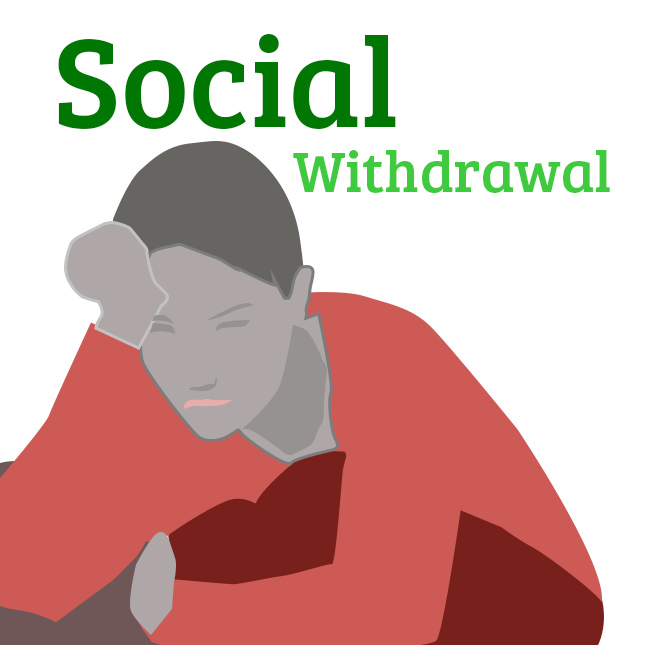
A person experiencing the other symptoms of Alzheimer's is also likely to withdraw from social interaction. Health.com writes, "It can be a lonely and isolating disease that can result in a general lack of interest in surrounding activities, or withdrawal from family and friends. People with [Alzheimer's] may start to remove themselves from hobbies, social activities, work projects, or sports they previously loved." Reaching out to a loved one who is going through social withdrawal may just be the step they need to getting vital medical attention.
Warning Sign #7: Misplacing Things
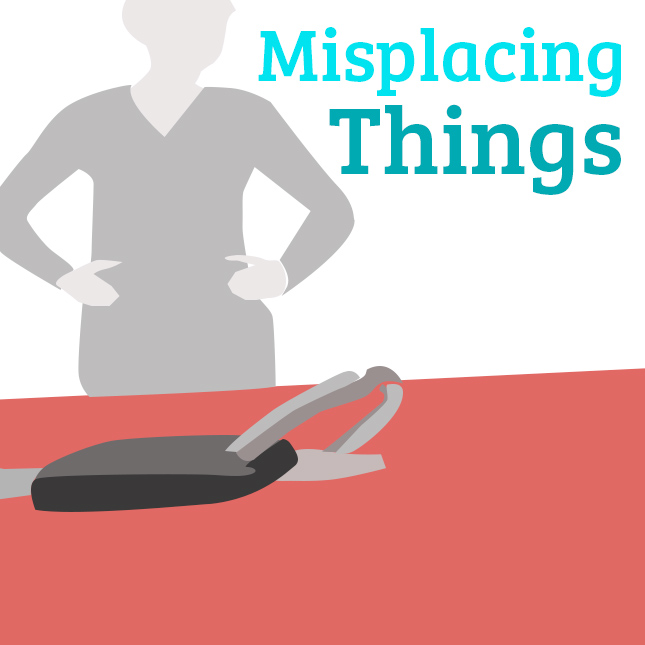
Losing track of your keys has to be one of the most common mistakes people can make. However, this can be taken to a whole new level when it comes to Alzheimer's. The Alzheimer's Association writes, "A person with Alzheimer's disease may put things in unusual places. They may lose things and be unable to go back over their steps to find them again. Sometimes, they may accuse others of stealing. This may occur more frequently over time." Losing your keys should not cause a panic, but a frequent misplacing of items could be a sign that something much more serious is going on.
Warning Sign #8: Trouble Solving Problems
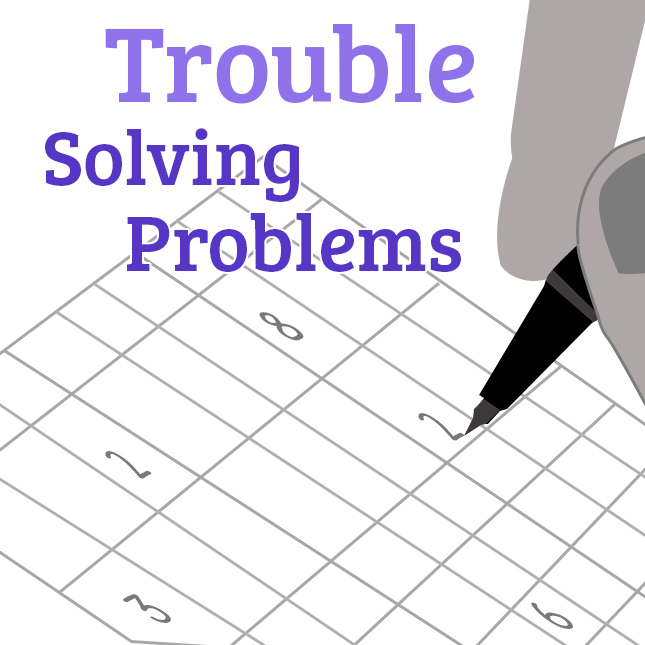
Problem-solving is a huge part of life, and not just with crossword puzzles. But when solving simple problems becomes difficult, it may be a sign that something is off in the body. Health.com writes, "Your loved ones may have trouble concentrating and find that fairly basic activities take them longer to do than before. In particular, they may struggle to develop and follow a plan, like creating and using a grocery list, following a recipe, or keeping track of monthly bills." Again, we all have momentary lapses in memory, judgment, or problem solving ability. But when these become ongoing problems, it is time to see the doctor.
Warning Sign #9: Poor Judgment
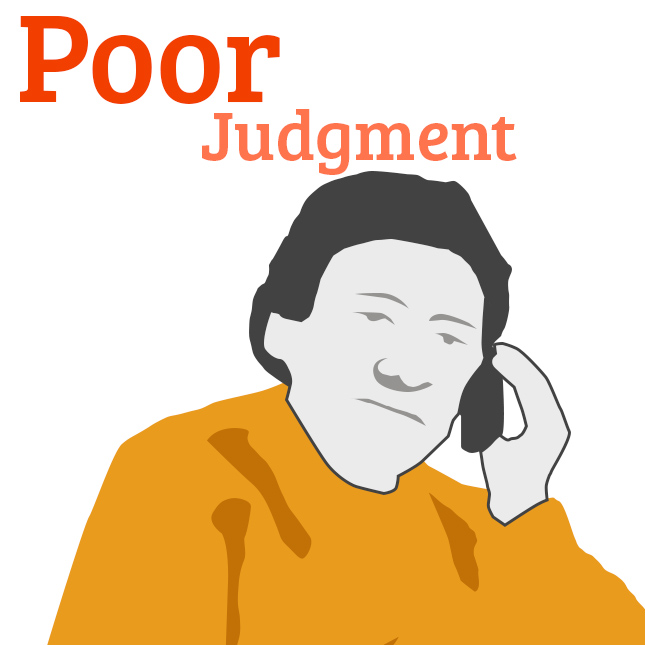
There are many stories of older individuals being swindled or taken advantage of. But sometimes large lapses in judgment can be an indicator of something more serious. The Alzheimer's Association writes, "People with Alzheimer's may experience changes in judgment or decision-making. For example, they may use poor judgment when dealing with money, giving large amounts to telemarketers. They may pay less attention to grooming or keeping themselves clean." That said, we all make bad decisions from time to time, so this symptom should be considered in context and in conjunction with other symptoms.
Warning Sign #10: Visual Problems
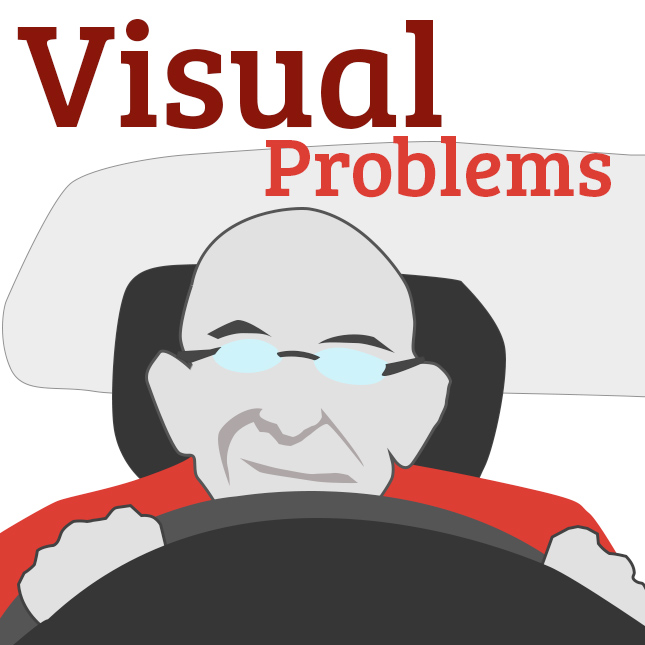
Alzheimer's disease also can have a negative effect on an individual's vision. WebMD writes, "You should be on the lookout for changes in vision. Is it harder to read the words on the page? Do you have trouble judging distance? Can you tell colors apart? This is important because it can affect your driving." Problems with vision are always something to take seriously as they can be a symptom of a major problem and can lead to serious accident or injury. Want to know what you can do about Alzheimer's in advance? Go to the NEXT page for six tips for preventing Alzheimer's disease.
Prevention Tip #1: Exercise Regularly
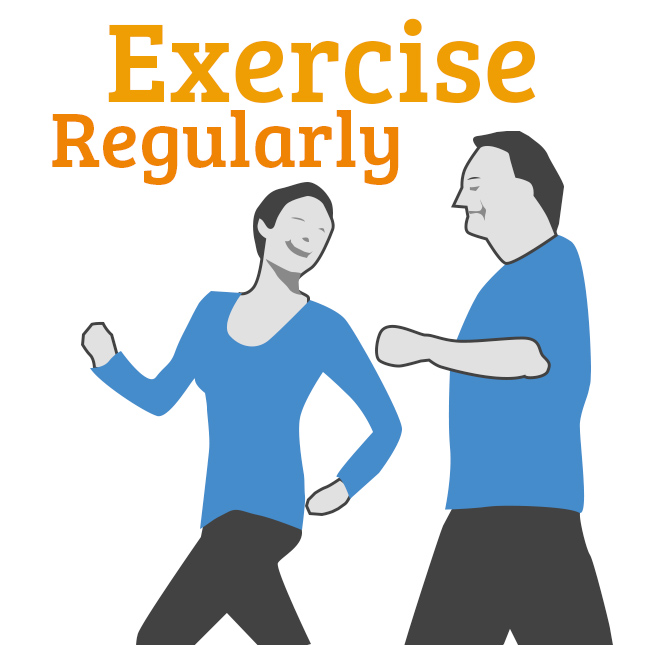
While research is ongoing, studies indicate that regular exercise can help in the prevention of Alzheimer's. The Alzheimer's Association writes, "Regular physical exercise may be a beneficial strategy to lower the risk of Alzheimer's and vascular dementia. Exercise may directly benefit brain cells by increasing blood and oxygen flow in the brain."
Prevention Tip #2: Maintain an Active Social Life
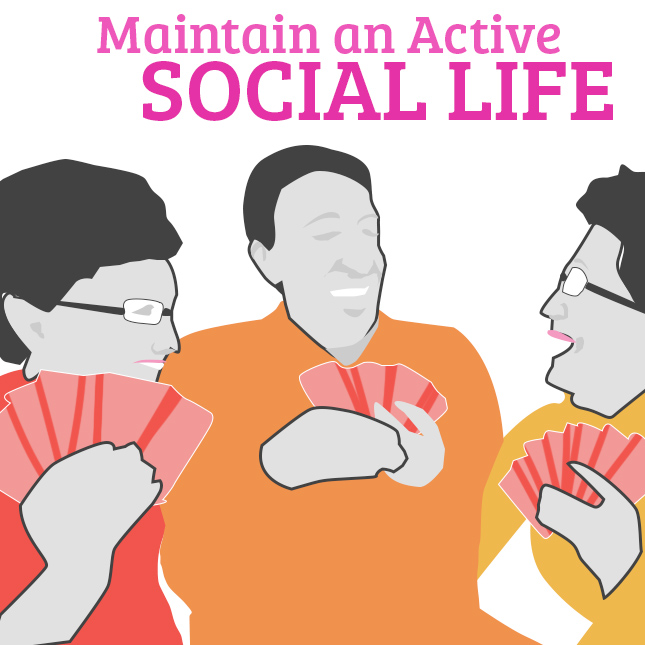
Spending time with loved ones and remaining socially active may have a positive effect on the body in its effort to stave off Alzheimer's. HelpGuide.org writes, "Studies show that the more connected we are, the better we fare on tests of memory and cognition. Research shows that staying socially engaged may even protect against Alzheimer's disease and dementia in later life, so make developing and maintaining a strong network of friends a priority."
Prevention Tip #3: Protect Your Head
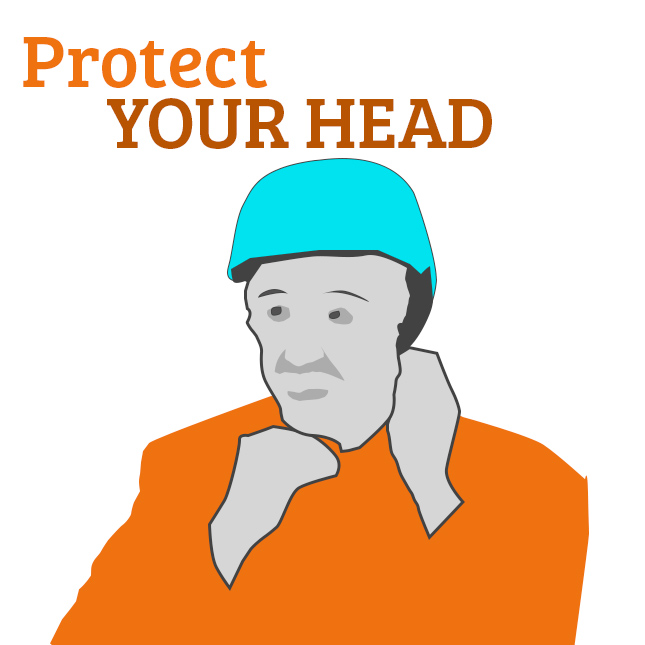
Head injuries have strongly been associated with Alzheimer's, so prevention is absolutely key. The Alzheimer's Association writes, "There appears to be a strong link between future risk of Alzheimer's and serious head trauma, especially when injury involves loss of consciousness. You can reduce your risk of Alzheimer's by protecting your head. Wear a seat belt. Use a helmet when participating in sports. 'Fall-proof' your home."
Prevention Tip #4: Monitor Your Blood Pressure
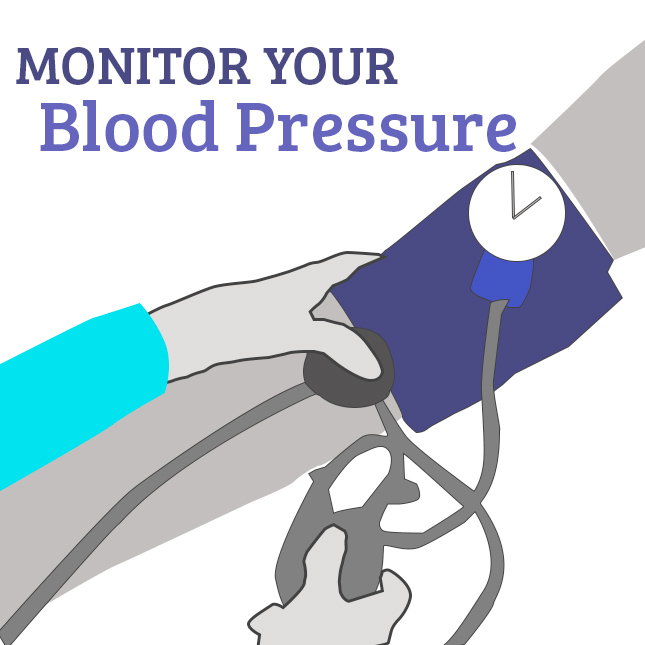
Keeping your blood pressure under control, and monitoring your numbers in consultation with your doctor, are key to staving off any number of serious health issues. Prevention Magazine writes, "Hypertension appears to be associated with an increased risk of both vascular dementia and Alzheimer's disease."
Prevention Tip #5: Seek Mental Stimulation
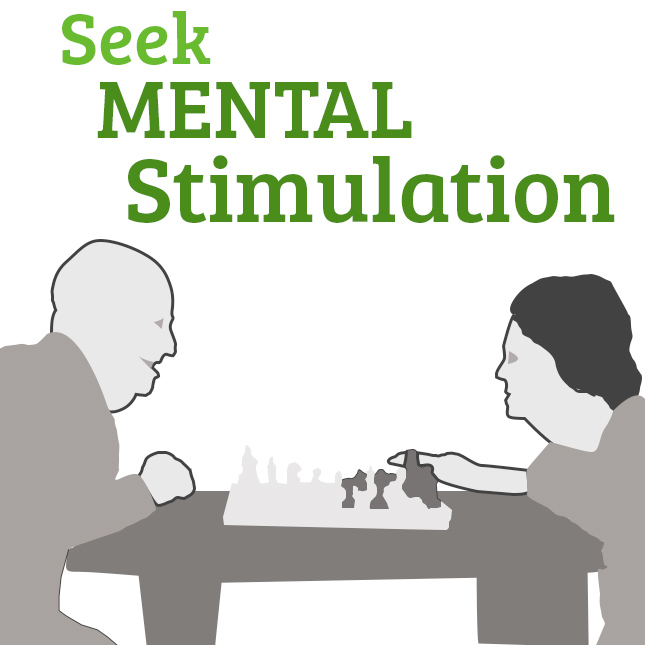
One way to potentially prevent Alzheimer's is by keeping the brain constantly stimulated and challenged. The National Institute on Aging writes, "Intellectually stimulating activities may also reduce the risk of Alzheimer's, studies show." In one study, "the risk of developing Alzheimer's disease was 47 percent lower, on average, for those who did the activities most often than for those who did them least frequently."
Prevention Tip #6: Monitor Your Diet
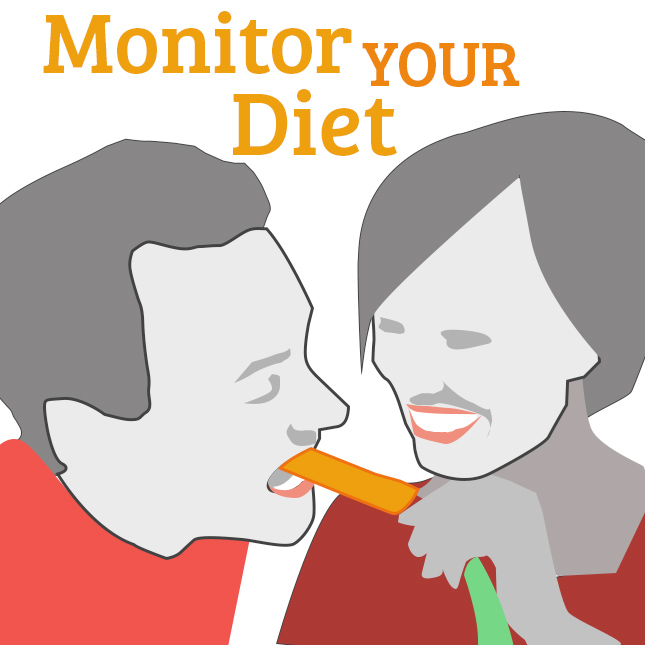
There are many reasons to pay attention to the foods you put in your body, and preventing Alzheimer's is one of them. The Alzheimer's Association writes, "Current evidence suggests that heart-healthy eating may also help protect the brain. [This] includes limiting the intake of sugar and saturated fats, and making sure to eat plenty of fruits, vegetables, and whole grains." While there is no cure for Alzheimer's, early detection of these symptoms can help you or a loved one receive treatment that is crucial to prolonging normal brain function. And as for prevention, research is ongoing and indicates that these easy tips may be significant in the fight against getting Alzheimer's. Please SHARE this vital information about early Alzheimer's detection and prevention with friends and family!




